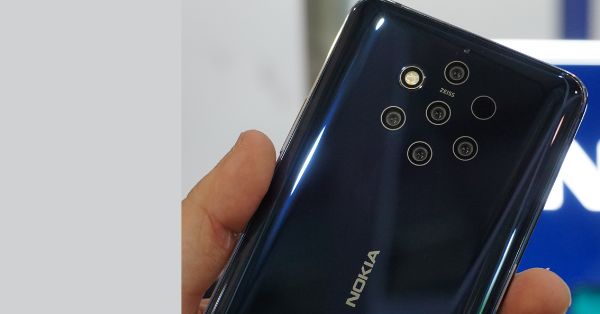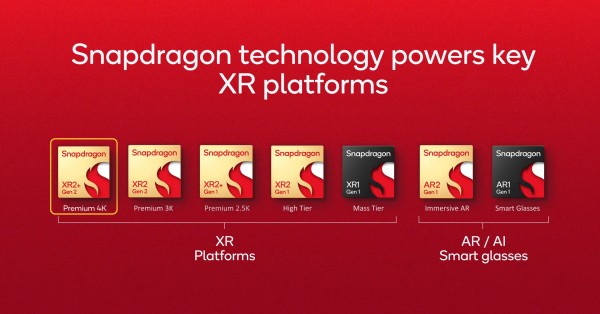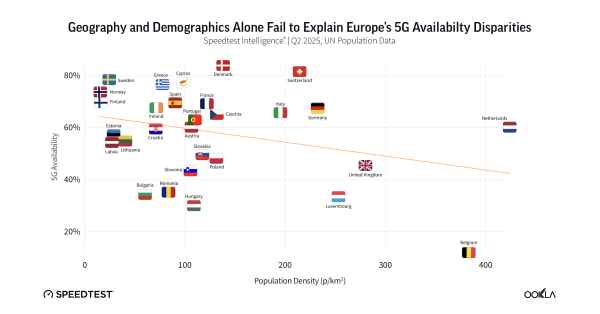Virgin Media O2 Business has switched on the UK’s first 5G-connected hospital with South London and Maudsley NHS Foundation Trust – a provider of mental health services in the United Kingdom.
The switch-on is part of Maudsley Digital Lab’s series of digital health and innovation trials funded by NHS Digital, with the private 5G network providing dedicated connectivity for mission-critical digital health use cases for both clinicians and patients. The trials are investigating the efficiency, safety, and security benefits of using smart, 5G-connected technologies in NHS hospitals – including IoT (Internet of Things), AR (Augmented Reality), and AI (Artificial Intelligence).
The Maudsley Smart Hospital and Maudsley Smart Pharmacy trials are now live across two wards at Bethlem Royal Hospital in South London. These include dedicated, near-real-time connectivity to power e-Observations, where clinicians use handheld devices to update patient records, saving valuable time and improving accuracy. It will also link up smart devices and monitoring to reduce expensive medicine waste and track the air quality inwards. In addition, hospital IT teams will have access to expert maintenance support in other hospitals thanks to Remote Expert (an AR tool), while the Trust will be able to better plan space in public areas using Spatial Insights, which uses AI to provide anonymized heat maps of crowd movement analysis using CCTV footage.
Part of South London and Maudsley’s Digital Lab portfolio of digital health and innovation trials, the trial is a collaborative development between South London and Maudsley NHS Foundation Trust, NHS Digital, Virgin Media O2 Business, Bruhati and Nokia. It will test a number of use cases:
5G-connected e-observations (eObs)
The eObs app is designed to monitor patients’ vital signs, allowing clinicians to use handheld devices to update patient records digitally and make live observations. Virgin Media O2 Business’s private 5G network, leveraging Nokia Digital Automation Cloud (DAC), will provide the dedicated, high-speed, reliable and secure data that health professionals need to stay connected in real time to the online e-observations platform, without needing to use the hospital’s WiFi network. This will save valuable time by allowing clinicians to complete their rounds more efficiently, and also makes for more accurate record-keeping for each individual patient.
Connected smart devices and smart monitoring (Internet of Things)
The 5G trials will also include an IoT innovation lab and platform, in partnership with Bruhati (South London and Maudsley has made Bruhati its partner for providing IoT technology to the Trust). This will look at smart, connected use cases – including remotely monitoring medicine fridges to ensure drugs are stored at the optimum temperature and thereby reducing expensive waste, tracking the air quality inside wards, and monitoring occupancy of desks and meeting rooms in the hospital.
Augmented Reality (AR)
To improve IT support as the hospital moves to more digital ways of working, South London and Maudsley NHS Foundation Trust will also trial Remote Expert – Virgin Media O2 Business’s AR (Augmented Reality) connected headset. Remote Expert allows a specialist in another location to guide on-site workers in completing complex tasks. For example, a worker in one South London and Maudsley hospital could wear the 5G-connected headset and see a remote expert in another hospital via a video stream. This means on-site IT engineers will be able to get support from experts based elsewhere quickly and easily when working on the hospital’s network and servers.
Artificial Intelligence (AI)
Using Spatial Insights from Virgin Media O2 Business, South London and Maudsley NHS Foundation Trust will be able to use AI to create heat maps and understand how people move around Maudsley hospital through the analysis of footage from existing CCTV cameras in the hospital and insights on movement patterns. This means the hospital can better plan public areas, getting a picture of queues, waiting times and busy hotspots in the hospital at particular times. Spatial Insights does all this anonymously with all information processed on-site, never stored and the process is fully GDPR-compliant.
Mike Smith, Large Enterprise & Public Sector Director at Virgin Media O2 Business said: “The NHS has been a cornerstone of British society for nearly 75 years, and today, we’re proud to announce the switch-on of the UK’s first 5G-connected hospital – showing how next-generation technology can help create a smarter, modern healthcare service for everyone. Our aim is to map out the rollout of wireless and smart hospital connectivity across the NHS estate over the next three to five years. Trials like this are the embodiment of our mission to upgrade the UK, and a clear sign of the role we can play in helping to shape the NHS of the future.”
Stuart MacLellan, Acting Chief Information Officer at South London and Maudsley Foundation Trust said: “Exploring and using the latest technology supports our core strategic aim to deliver outstanding mental health care for people who use our services, their carers and families. We are proud to be partnering with Virgin Media O2 Business to create the UK’s first 5G-connected hospital, which enables us to use digital innovations to improve patient outcomes. This is a very exciting step forward.”
Kester Mann, technology analyst and Director, Consumer and Connectivity at CCS Insight, said: “This is a landmark moment for the UK telecoms and healthcare sectors. Dedicated 5G in hospitals can open the door to a range of new applications such as real-time tracking of patients’ conditions, remote support and round-the-clock monitoring of medicines and equipment. Its high throughput and low-latency characteristics can also improve the efficiency and security of existing operations, making healthcare services smarter, more accurate and more effective.”






























